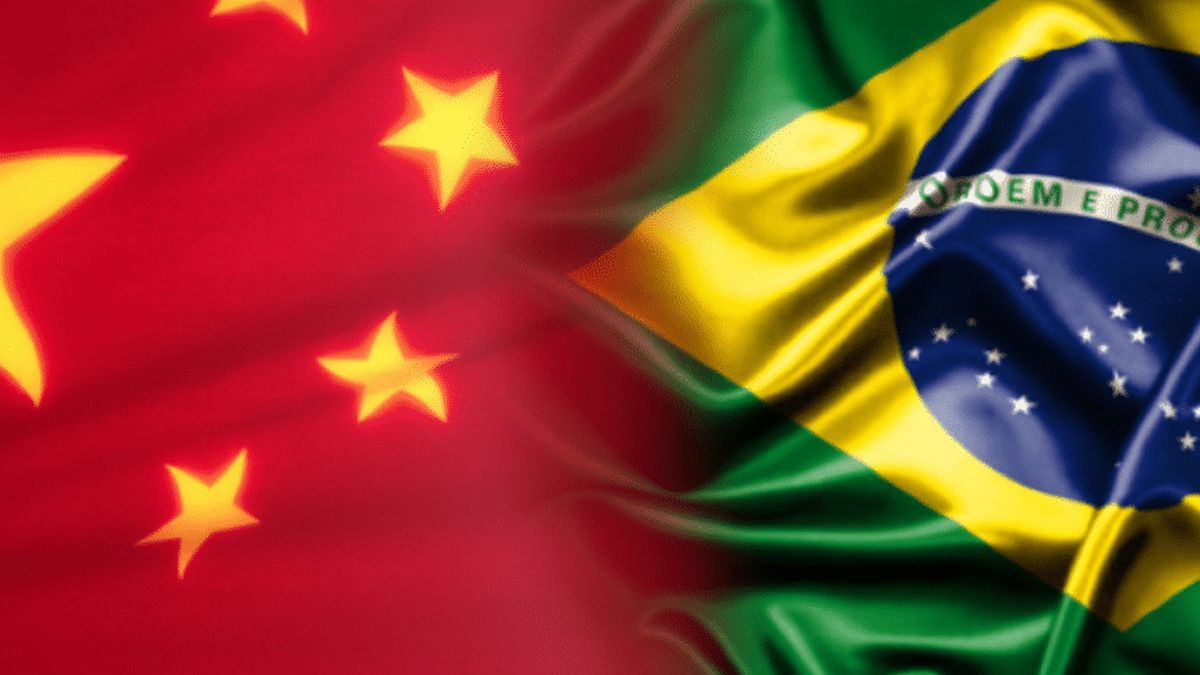In recent years China began to gain a lot of weight in Brazil’s total importsa trend that continues so far in 2024. In this context, specialists warn that this penetration of the Asian giant in the largest economy in South America could be replicated in the rest of the region, putting current intra-Mercosur trade agreements in jeopardymainly in the automotive sector.
Jorge Vasconcelos, economist, vice president and chief researcher of the Institute for Studies on Argentine and Latin American Reality (IERAL), highlighted in a report that in the last seven years China increased its market share in Brazilian foreign purchases by almost 7 percentage points, going from 16.8% to 23.7%In parallel, the United States’ share fell by almost 3 points, currently standing at 15.4%, and Argentina’s share fell by 1.2 points, reaching 4.8% of the total.
China displaces Argentina as main car supplier in Brazil
This dynamic was marked in the vehicle market.This year, imports of Chinese products to Brazil are expected to grow by US$9 billion; almost US$5 billion is explained by the boom in cars, particularly electric and hybrid cars.
Projections indicate that the country presided by Lula Da Silva will bring vehicles from abroad for US$9 billion, which would represent a growth of 52% compared to 2023. This increase would be generated by a extraordinary jump of more than 400% in oriental cars.
In this way, for the first time China would become the main supplier of cars in Brazil. Meanwhile, Argentina’s projected shipments for 2024 are estimated at around US$2 billion, 16.6% less than last year.
Vasconcelos clarified that, despite the stagnation of Argentine sales, national products They do not currently compete with the Chinese vehicle niche market, as the latter are mainly targeting the electric segment.
How does this trend affect intra-Mercosur trade?
Even so, the economist warned of a possible disruptive impact of this trend on the trade of Mercosur member countries, taking into account that there are already Announcements by Chinese companies to start producing cars in Brazil, such as that of the company BYDa leader in the production of electric cars, which recently purchased the facilities that belonged to Ford in Bahia.
“As long as the cars produced in the new Brazilian plants comply with the so-called rules of origin, The phenomenon of market share gains achieved by Chinese units in Brazil could be replicated in Argentina and the rest of the Mercosur partners“Vasconcelos warned, recalling that starting in 2029, $100 of exports to Brazil will enable imports from that country to Argentina for $300, according to the “flex” agreement between the two countries.
In the face of these changes, He suggested “developing incentives so that productive activities can achieve gains in scale and specialization, not only in the automotive segment.” instead of returning to a protectionist scheme, given that “this recipe is contraindicated for advancing productivity and competitiveness.”
Source: Ambito




